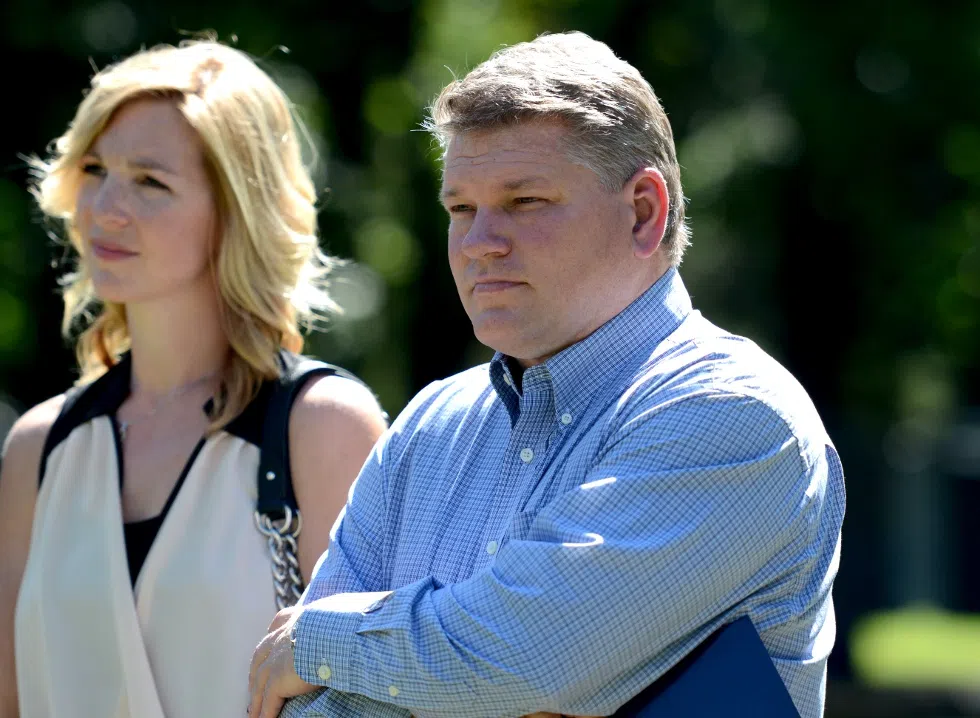
Federal budget not good for P.A. or rural Sask: Hoback
The member of parliament for Prince Albert is concerned funding announcements in the federal government’s budget won’t trickle back into Saskatchewan or his riding.
Conservative MP Randy Hoback said the announcement of $70 million over six years to support agricultural discovery science and innovation doesn’t help local farmers get their products to market faster, or cheaper.
“There is nothing in the budget to support research and development for farms directly…like developing new seeds or trade for products,” Hoback said. “And they are taking away tools for proper income tax planning by getting rid of the cash deferral project.”
Finance Minister Bill Morneau said consultations will be launched on the cash ticket deferrals on listed grains that currently allow farmers to defer a portion of their income to the next year. Ottawa wants to end the program but Hoback said its going to create a situation where farmers can’t plan taxes accordingly.


